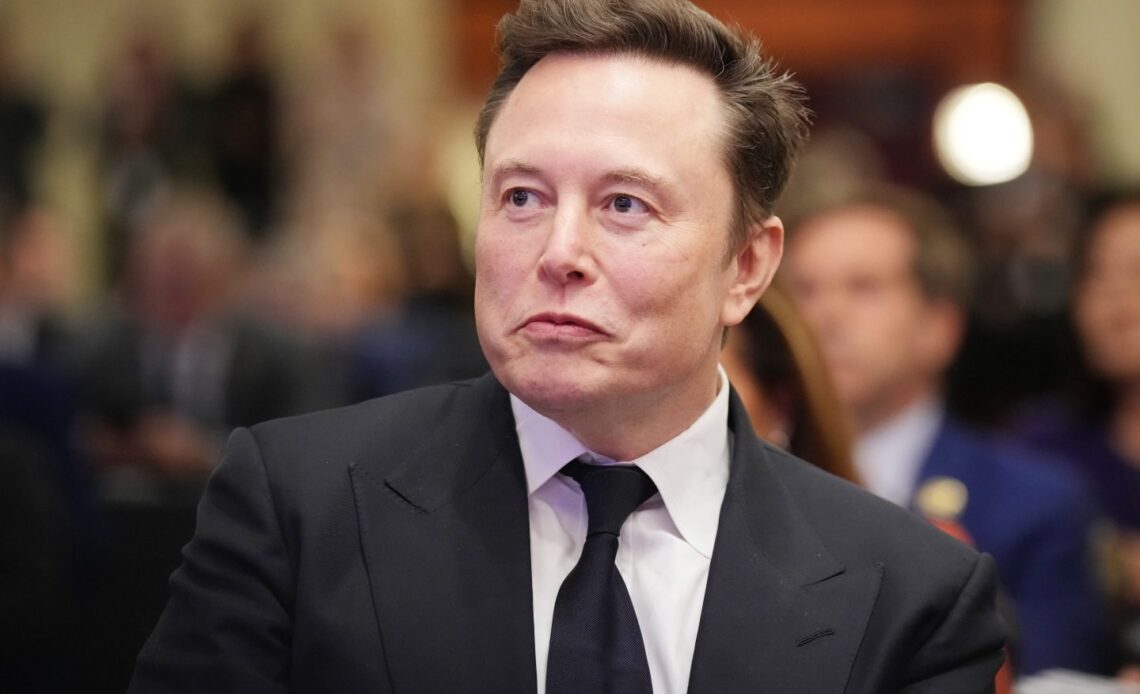In the high-tech realm of Silicon Valley, where innovation thrives and empires are built overnight, competition is expected. However, sometimes rivalry gives way to unexpected alliances, particularly when a common adversary appears. Mark Zuckerberg and Elon Musk, two of the most influential figures in the modern tech world, have rarely seen eye to eye. Their public disputes over artificial intelligence, social media responsibility, and space exploration have been well-documented. Yet, recent developments suggest that both moguls have found a shared target—an entity they perceive as a threat not just to their companies, but to their visions of the future. This mutual “common enemy” may change the dynamics of the tech world forever.
**From Frenemies to Strategic Alignment**
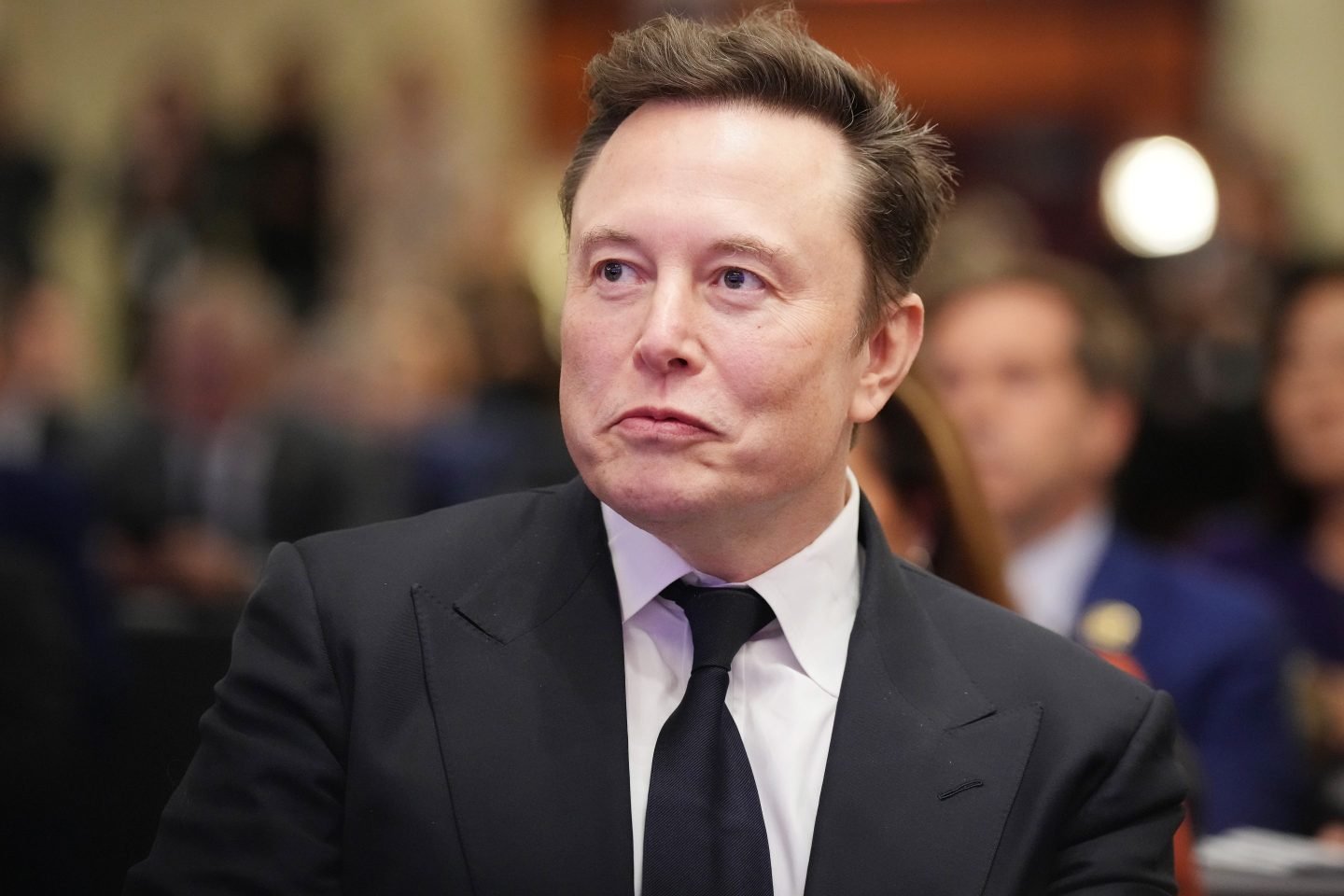
For years, Mark Zuckerberg and Elon Musk have occupied opposite ends of the tech philosophy spectrum. Zuckerberg, the architect of Facebook and now Meta, has been focused on building digital communities, social connectivity, and most recently, the metaverse. Musk, the brain behind Tesla, SpaceX, and X (formerly Twitter), is known for bold ambitions such as colonizing Mars, creating hyperloop transportation, and advancing AI through Neuralink.
Their differences became particularly apparent in 2017 when Musk warned about the dangers of artificial intelligence, calling it humanity’s “biggest existential threat.” Zuckerberg responded by labeling Musk’s statements as “irresponsible,” emphasizing the potential for AI to improve lives. Musk swiftly retorted that Zuckerberg’s understanding of the topic was “limited.”
Despite this history, the tide is turning. Recent events in technology, media, and politics have introduced a formidable player that poses challenges to both Meta and Musk’s ventures. While they may not be shaking hands in public, analysts observe a subtle convergence of interests—and possibly, a silent truce.
**Who or What Is the ‘Common Enemy’?**
The term “common enemy” in the context of Zuckerberg and Musk refers not to a single person or company, but to a powerful coalition of forces: **Big Government regulation**, **legacy media**, and **emerging foreign tech giants**—especially from China.
Both entrepreneurs have increasingly found themselves at odds with governmental overreach. Regulatory scrutiny on data privacy, misinformation, monopolistic practices, and content moderation has affected Meta, while Musk’s takeover of Twitter and his unfiltered public behavior have drawn intense attention from lawmakers and international watchdogs. They are now united in their criticism of what they perceive as attempts by political establishments to control or censor free innovation.
At the same time, traditional media outlets have been increasingly vocal in their critiques of both men. Articles questioning the ethical implications of the metaverse, SpaceX contracts, or the cultural influence of Twitter under Musk’s leadership, are frequently published. To Zuckerberg and Musk, this represents a coordinated narrative to undermine their credibility and influence.
Lastly, the meteoric rise of Chinese tech companies such as TikTok (owned by ByteDance), Huawei, and Tencent presents a direct challenge. These platforms have rapidly expanded their global user bases and technological infrastructure, threatening Silicon Valley’s dominance. The rivalry with China adds a geopolitical layer to the competition, and both Zuckerberg and Musk recognize the necessity of securing American tech leadership.
**The Rise of Tech Sovereignty and Nationalism**
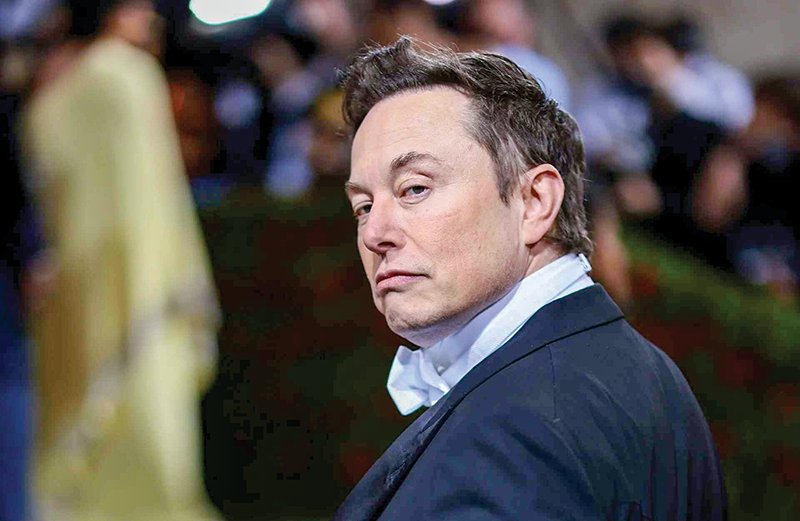
Amid this battle, the concept of “tech sovereignty” has become a buzzword. Both Zuckerberg and Musk advocate for U.S. innovation independence. For Zuckerberg, that means pushing Meta’s metaverse as the digital future that competes with China’s digital ecosystem. For Musk, it’s about ensuring American dominance in space travel and electric vehicles.
Interestingly, both have publicly supported policies that encourage domestic production and discourage dependency on foreign technologies. Musk, for instance, has lobbied for more American-based lithium and semiconductor production. Zuckerberg, meanwhile, emphasizes the importance of data remaining within national borders and resisting the influence of authoritarian models of digital governance.
Their alignment on these issues is not coincidental. It’s a calculated effort to protect their long-term interests from foreign interference and domestic obstructionism. In their eyes, the real danger isn’t each other, but rather the forces trying to limit what they believe is the inevitable march of technological progress.
**AI Arms Race: A Surprising Collaboration?**
Artificial Intelligence remains a battleground where both billionaires are deeply invested. Zuckerberg’s Meta AI division is rapidly advancing its large language model capabilities. Musk, not to be left behind, launched xAI to challenge OpenAI (a company he co-founded and later distanced himself from), Google’s DeepMind, and Meta’s AI projects.
Yet in a surprising twist, both Musk and Zuckerberg have recently echoed similar sentiments about **open-source AI**. They argue that the development of general artificial intelligence should be transparent and accessible, rather than controlled by a handful of private companies or government agencies. This shared belief may hint at a potential collaboration—or at least mutual tolerance—in the future.
Zuckerberg has stated that Meta’s AI should be available to developers and academics for experimentation, while Musk warns of the dangers posed by monopolized AI, especially in the hands of politically motivated entities. The alignment here is philosophical: both prefer a future where the knowledge and tools of AI are democratized.
**Misinformation, Moderation, and the Free Speech Debate**
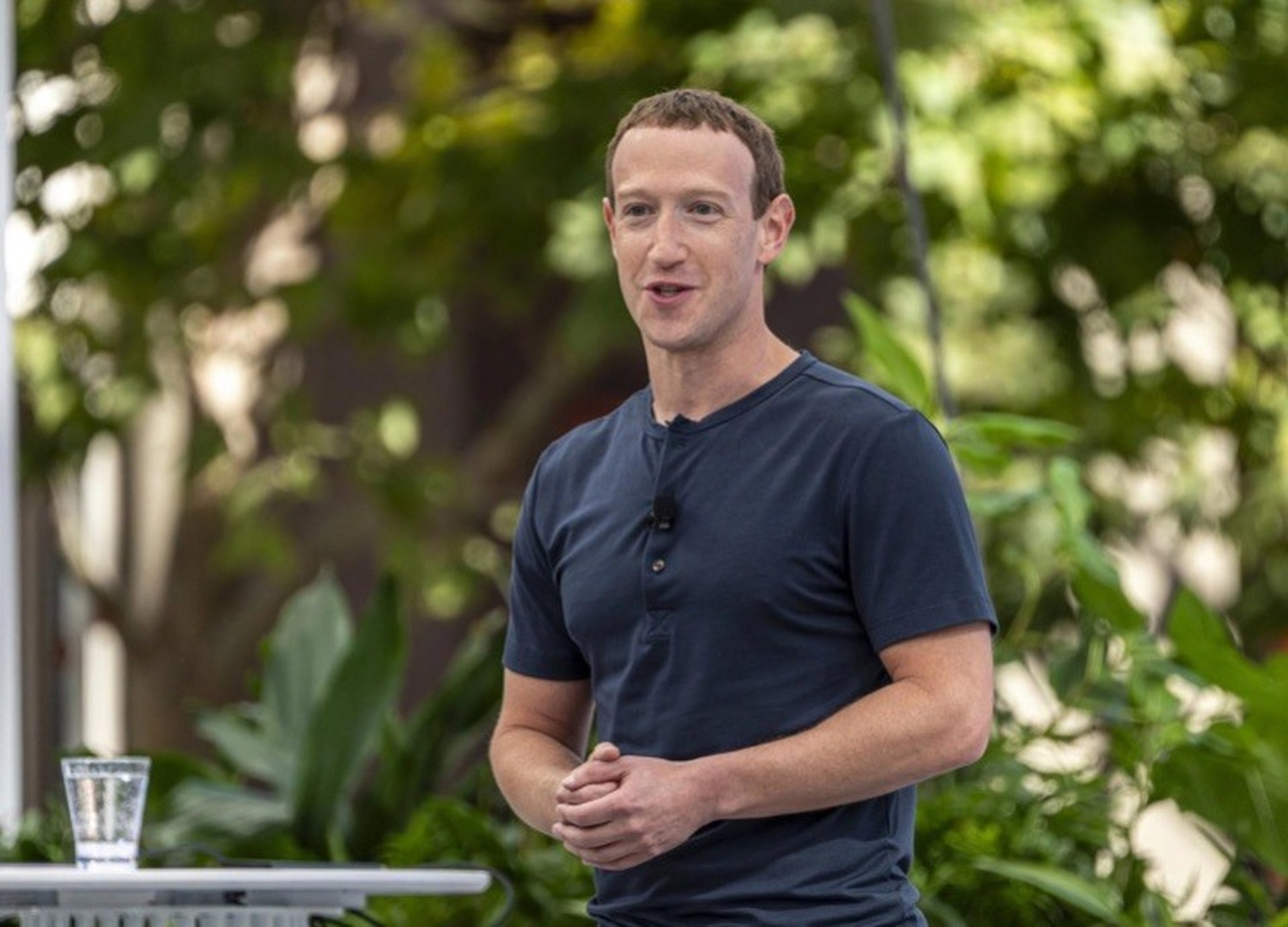
Another battlefield is the issue of content moderation and free speech. Musk has positioned himself as a “free speech absolutist,” overhauling Twitter’s (now X) content policies and allowing previously banned accounts to return. Zuckerberg, while traditionally more cautious, has also begun questioning the role of government in deciding what content should be allowed or restricted.
Both have faced congressional hearings, media blowback, and advertiser boycotts due to their approaches. They view the increasing pressure from lawmakers and the media as a thinly veiled attempt to rein in platforms that challenge mainstream narratives.
This shared resistance to external control is another glue binding them together against their common adversary. Both are redefining how moderation should work—not from top-down mandates, but from user choice, transparency, and decentralized tools.
**Silicon Valley’s Changing Landscape**
What we are witnessing is the evolution of Silicon Valley from a fractured battlefield of ideologies to a more unified front against what its leading figures see as existential threats. Zuckerberg and Musk, once vocal opponents, are becoming the reluctant co-defenders of innovation freedom.
This doesn’t mean they’re friends. It simply means they recognize that their survival depends on focusing energy on more pressing challenges than their personal rivalry.
Whether it’s combatting misinformation narratives pushed by traditional media, lobbying against excessive regulations, or competing with Chinese surveillance-driven tech exports, they find themselves on similar sides of an invisible war.
**Public Perception and Influence Power**
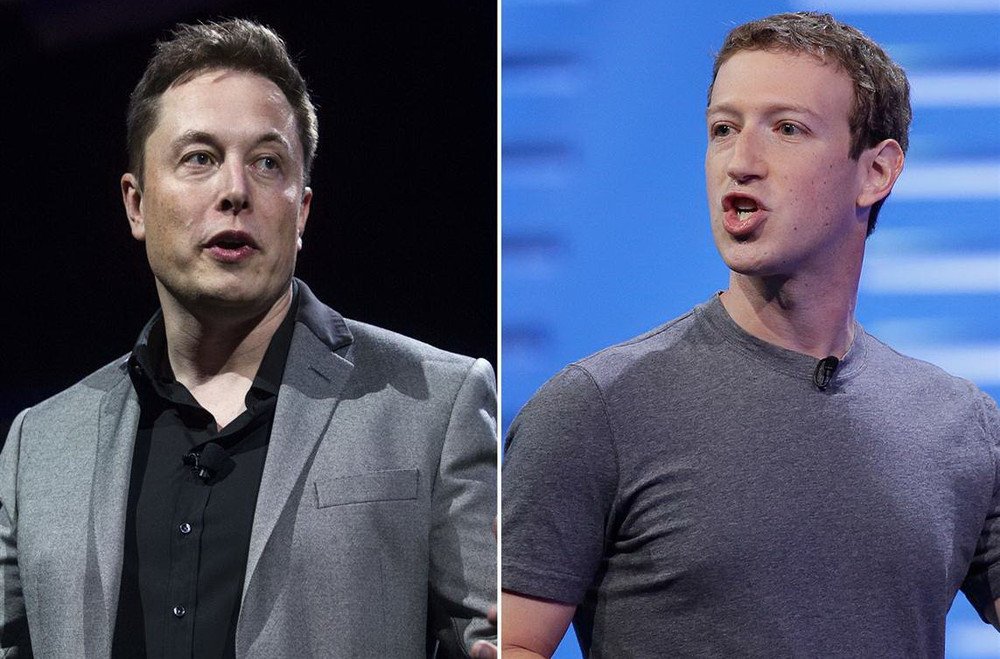
Despite the controversy surrounding both men, their influence remains undeniable. Musk commands over 180 million followers on X, and his tweets often influence markets and headlines. Zuckerberg’s platforms—Facebook, Instagram, and WhatsApp—host billions of users worldwide, shaping culture and conversation.
Together, they represent a new form of power: **digital sovereignty**. While governments and media continue to chase regulation and control, these tech titans create ecosystems that transcend borders, attract global users, and shape how people interact with information and each other.
It is precisely this reach that has provoked the backlash. And in facing this backlash, they’re beginning to understand the necessity of standing their ground—together if needed.
**A Future of Strategic Coexistence?**
Looking forward, it’s possible that Zuckerberg and Musk will never become allies in the traditional sense. Their visions differ, their personalities clash, and their companies compete on multiple fronts. But what unites them is greater than what divides them: a desire to shape the future on their terms.
This mutual recognition may lead to informal alliances, behind-the-scenes coordination, or simply a cessation of hostilities. Already, we see signs—similar messaging on AI, parallel moves against regulatory interference, and subtle critiques of media manipulation.
They are not merging paths. But they are no longer walking in opposite directions either.
**Conclusion: The Enemy of My Enemy**
The ancient proverb “the enemy of my enemy is my friend” seems remarkably fitting. Mark Zuckerberg and Elon Musk may never fully reconcile their differences, but in a world where tech is being scrutinized, politicized, and globalized like never before, their rivalry is evolving into a cautious alignment.
Their common enemy—comprising overreaching regulations, biased media, and aggressive foreign competitors—has catalyzed this shift. What results from it may define the next era of technology, not just in America, but globally.
In this silent alliance, the future of free innovation, open AI, and digital liberty may very well be at stake. And the world will be watching—whether Zuckerberg and Musk are ready or not.
